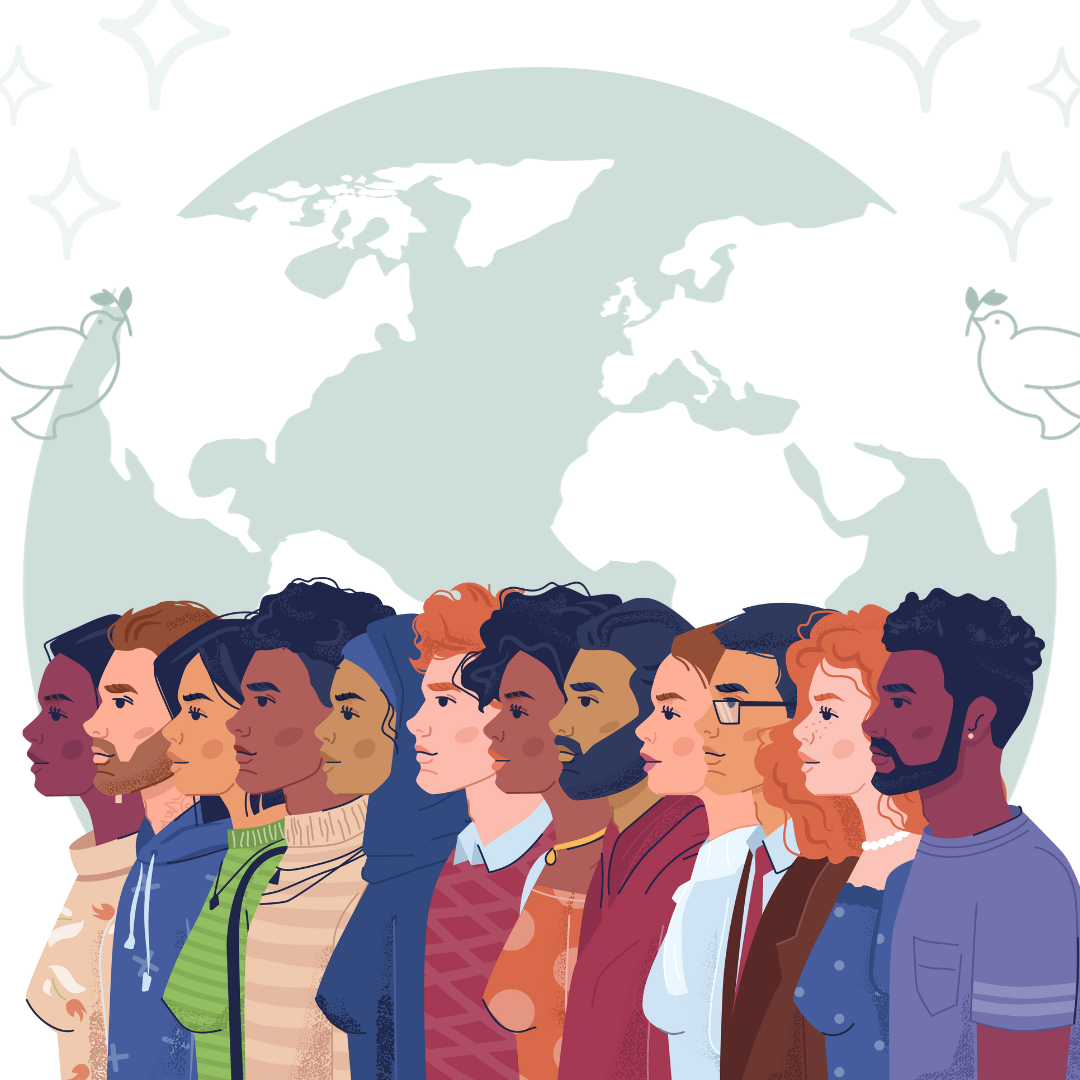GNGB Seminare
A seminar day with the Global New Generation teams lasts a maximum of 5 to 6 hours.
If the participants are diverse, the training sessions are conducted by two trainers with different backgrounds.
Groups of up to 15 participants with similar backgrounds can be trained by one trainer.
We work with a maximum group size of 30 people in presence.
Seminar days cannot always be organised, which is why we offer training courses lasting 3 hours or more.
The courses can be booked both as face-to-face events and as online courses.
Childcare during the seminars can be organised by Global New Generation. Please take a look at our children’s courses.
Diversity Training

Diversity training promotes awareness of diversity and inclusion in organisations.
The training courses help to reduce discrimination, break down prejudices and create a positive working environment in which employees from different backgrounds and identities are respected and valued.
Participants are trained to recognise multiple affiliations as potential and expand their ability to deal with diversity in their everyday professional and social lives.
Anti-Discrimination Training

Anti-discrimination training is a sensitisation measure. They raise awareness of discrimination mechanisms.
Anti-discrimination training enables people to recognise and prevent discrimination in various contexts and to actively combat it.
The course offers an in-depth examination of discrimination characteristics, prejudices, resulting disadvantages and privileges as the basis of social inequality.
Participants learn to scrutinise mechanisms of structural oppression.
Participants are empowered to create a fairer and more equal society in which everyone is respected and treated equally, regardless of their characteristics.
"Please remember that equal opportunities are achieved through the commitment of all of us. Anyone offering further education, especially during school and daycare closures, should always consider childcare as well. To give single parents access to educational programmes, we need providers who take responsibility."
Sonja Prinz